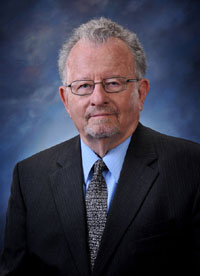
Some have drawn comparisons between recent forced separations of families at the US/Mexican border to wartime concentration camps and to the Nazi extermination of Jews, gays, and others they depicted as enemies. These are exaggerations; but considering our own history of separating slave families is a comparison closer to home and to present realities, though several more generations back in time.
The farther back we go in time, the more we can find some parallels that are connected to the power of empires and the fear of the powerful that they are surrounded by potential enemies. In the biblical story of the wise men who scared Herod by asking where they could find the “King of the Jews,” Mary, Joseph, and Jesus emigrate to Egypt. The baby boys soon killed by Herod in Bethlehem become ‘collateral damage’ leaving many “childless mothers” in despair. Where this story has parallels to our US/Mexican border crisis is obvious: had Joseph and Mary not fled to Egypt, Jesus (if not also his parents) would have been killed. Many of the refugees in our southern border are not just seeking a better life, but are escaping death.
Judaism, Christianity and Islam repeatedly demand that special care be shown to widows and orphans. In some cases, the “orphans” are not motherless; but the loss of the father (often in war) leave the family without support. The Greek root for the word orphan means “parentless.”
Much more thought and care needs to be given to the parentless children on our border. They are not just “a long way from home,” –they have no home!
Henry H. Bucher, Jr., Ph.D.
Associate Professor Emeritus of Humanities (1985–2019)
Chaplain Emeritus (1985-2004)
Austin College